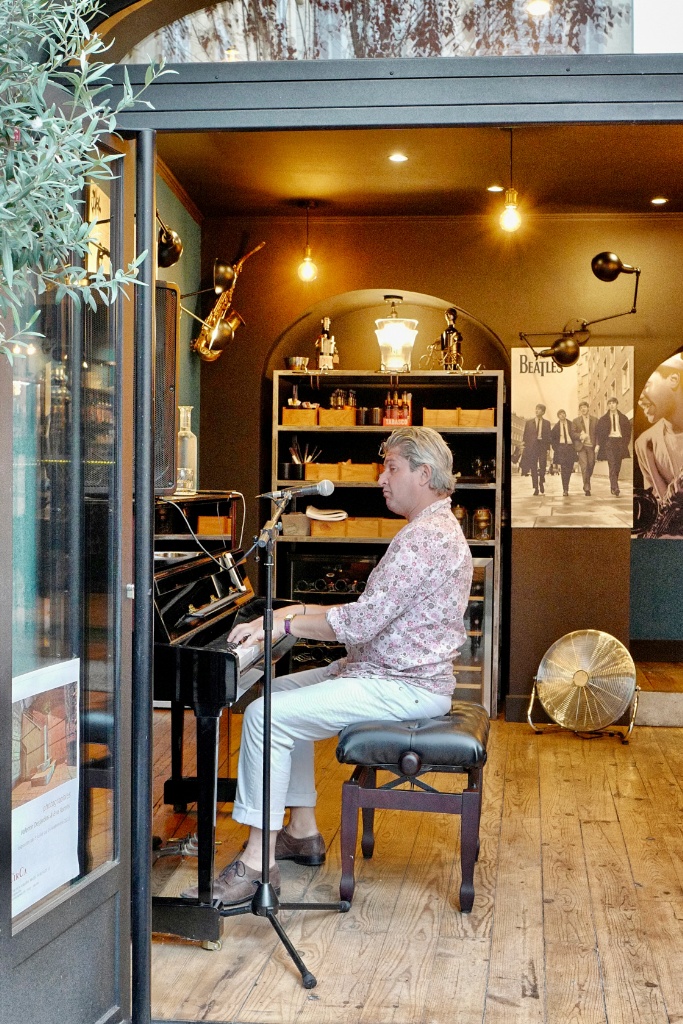Madame Blanc

Quote of the Day
”Life is full of alternatives but no choice.”
- Patrick White
Musical alternative to the morning’s radio news
Mark Knopfler | Going Home
We watched the film last night, and it was nice to be reminded of this, its theme music.
Long Read of the Day
How Lee Miller Out-Surrealed the Surrealists
Funny title for a nice essay in Aperture by Lauren Elkin on Lee Miller, a great photographer, artist, muse, war correspondent and professional chef
“One could say that Lee’s feel for the incongruities of daily life made her a Surrealist,” writes Lee Miller’s biographer, Carolyn Burke. Although she was never an official member of the group (according to Burke, she couldn’t abide André Breton), her feeling for incongruity and unexpected juxtapositions, for dreamlike imagery and tears in consciousness, her ability to perceive instabilities in apparently ordinary scenes, and her ethical commitments to getting the picture against all odds make her one of the movement’s great photographers.
Miller was surrounded by Surrealist men in both her personal and professional lives. Her mentor turned lover, Man Ray, introduced her to Surrealist art and artistic circles in late 1920s Paris; she starred in Jean Cocteau’s The Blood of a Poet (1930); her second husband, Roland Penrose, was an established practitioner of Surrealism in Britain and later a cofounder of the Institute of Contemporary Arts in London. But while these influences were important to her, Miller had her own decided view of the world. “I think she’s a Surrealist from the beginning to the end,” says Patricia Allmer, author of Lee Miller: Photography, Surrealism, and Beyond (2016).
Read on…
My commonplace booklet
For My Next Death-Defying Stunt, I Will Ride My Bike in This Bike Lane
By Joe Wellman
This is no Dutch bike lane with a safe, modern design and well-funded construction. This is an American bike lane — a blood-pumping obstacle course of neglected asphalt and ideas from the 1970s…
This Blog is also available as a daily email. If you think that might suit you better, why not subscribe? One email a day, Monday through Friday, delivered to your inbox. It’s free, and you can always unsubscribe if you conclude your inbox is full enough already!



